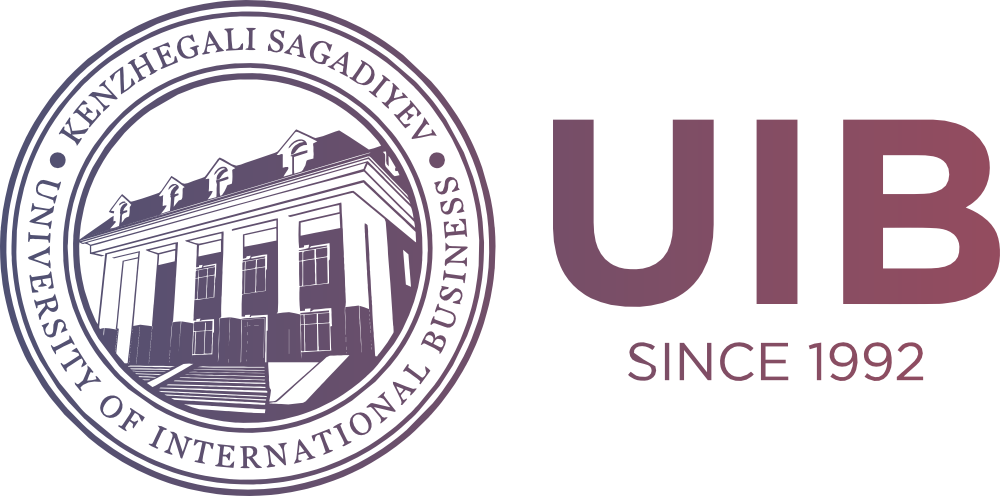Publication Ethics for Reviewers
The Eurasian Journal of Economic and Business Studies editorial board is guided by international standards proposed by the COPE’s Ethical Guidelines for Peer Reviewers, explores the issues in detail and provides practical advice.
Many journals require reviewers to play a role in ensuring the integrity of scientific documentation. The review process largely depends on the trust and voluntary participation of the scientific community and requires that all participants behave responsibly and ethically. The COPE recommends that journals are required to provide a transparent review policy, and reviewers are required to conduct their reviews in an ethical and accountable manner. Clear communication between the journal and reviewers is necessary to ensure consistent, fair and timely review.
The editorial board hopes that all reviewers will read and understand our ethical policy before submitting articles to our journal. This is in line with our commitment to preventing ethical violations, which we recognize is a growing problem in academic and professional publications. It is important to note that most cases of plagiarism, excessive publication, copyright infringement, and the like occur due to misunderstanding and not due to fraudulent intentions. Our policy is aimed at prevention, not persecution.
If you have any questions, don't hesitate to get in touch with the editorial office of the journal.
Ethical responsibilities of reviewers
(1) respond to an invitation for peer review within a reasonable time, even if you are unable to conduct a review. If you believe that you have the right to judge a particular manuscript, you should agree to review only if you can return the review within the agreed time frame. Always inform the journal in a timely manner if your circumstances change and you are unable to fulfill your original agreement or if you need an extension;
(2) carefully read the article, additional data files and supporting materials and request any missing or incomplete elements that you need. Do not contact the authors directly without the permission of the journal;
(3) respect the confidentiality of the review process and refrain from using the information obtained during the review process for your own or others' interests;
(4) prepare a review of the article yourself, refrain from unfair negative comments or including unjustified criticism of any competitor's work mentioned in the article;
(5) try to satisfy journal requests to revise or resend manuscripts that you have reviewed previously. It is useful to respond promptly if the journal contacts you on issues related to your review and provide the necessary information.
Maintain a good relationship with both the publisher and the editor.
Cooperate fully with the publication of errors and the withdrawal of articles deemed unethical, misleading or damaging.
Conflict of interest
EJEBS requires all authors to disclose any potential sources of conflict of interest. Openly disclose any conflict of interest - for example, if the publication was to benefit an organization or services in which the author has any interest. In particular, any interest or relationship, financial or otherwise, that may be perceived as affecting the author's objectivity is considered a potential source of conflict of interest. They should be disclosed when they are directly related to the work that the authors describe in their manuscript. The presence of a conflict of interest does not prevent publication. If the authors do not have a conflict of interest to declare, they should also indicate this when submitting the application. The respective author is responsible for reviewing this policy with all authors and collectively disclosing the relevant commercial and other relationships.
December 15, 2023 (policy update)


